Postpublished at 19:20 GMT 17 December 2014
US President Barack Obama telephoned Cuban President Raul Castro on Tuesday, speaking for nearly an hour.
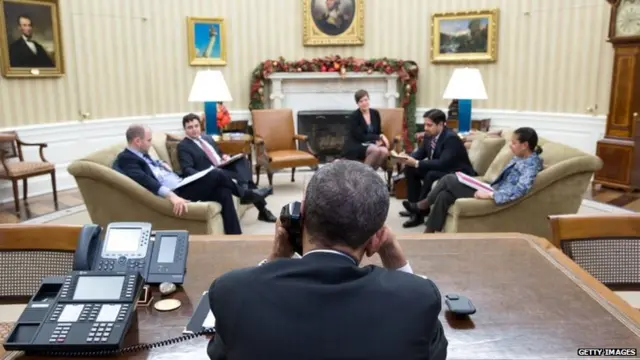 Image source, Getty Images
Image source, Getty ImagesThe US and Cuba have begun historic talks about restoring diplomatic relations
A US embassy in Havana is being planned, among a raft of measures
Cuban leader Raul Castro and US President Barack Obama both made TV addresses
"These 50 years have shown that isolation has not worked," said Mr Obama
The move marks a dramatic shift in a relationship that has been strained since the Cold War era
US citizen Alan Gross was released earlier from a Cuban prison, while the US freed three Cubans jailed for spying
Tom Geoghegan, Debbie Siegelbaum and Taylor Kate Brown
US President Barack Obama telephoned Cuban President Raul Castro on Tuesday, speaking for nearly an hour.
 Image source, Getty Images
Image source, Getty ImagesHe watched Mr Obama's speech alongside Secretary of State John Kerry and said he was excited by the changes outlined. "It's good to be home," he added, as he finished his short speech.
In no way are the people of Cuba responsible for his "ordeal". It pains me to see them hurt by "mutually belligerent policies", says Mr Gross.
Mr Gross is speaking to reporters just an hour or so after an emotional return to US soil.
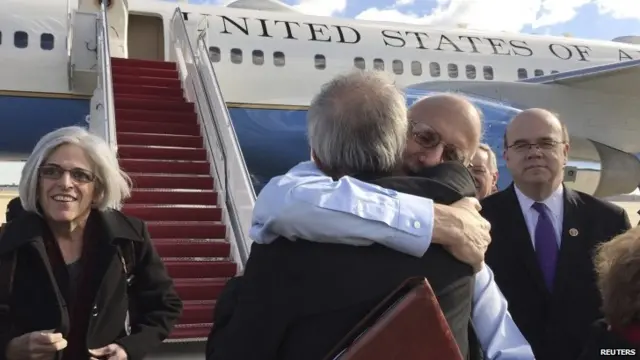 Image source, Reuters
Image source, Reuters"In my last letter to President Obama, I said despite my five years of captivity I said I would not want to trade places with him."
"It was crucial to know I was not forgotten," he adds.
"To all of those who tried to visit me, but could not, thank you for trying," Mr Gross says.
Mr Gross thanks President Obama, his wife and his lawyer for his release.
"This is great" Alan Gross says as he walks into a room full of reporters. "Today is the first day of Hanukkah and this the best Hanukkah I will celebrate in a while."
You can watch his statement live here.
Alan Gross, the key to all the dramatic developments today, is about to speak now.
Gloria Borger, CNN's chief political analyst, has just popped up on air and warns that Obama still needs Congress approval for funds and that's not guaranteed.
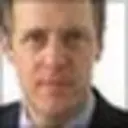 Paul Adams
Paul Adams
BBC News
@BBCPaulAdams tweets, external: US public opinion ready for change in Cuba policy. Including Florida. Worth reading Atlantic Council, external
David Botti
BBC News
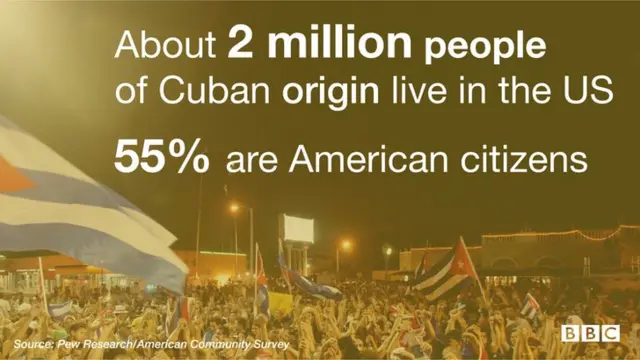
Kim Gittleson
BBC business reporter, New York
One big winner in this could be US farming. Under relaxed restrictions put in place under President Bill Clinton but that effectively happened under George W Bush, US agribusinesses were allowed to export to Cuba. From 2000 to 2013, those exports were an estimated $4.7bn (£3bn). Since Cuba imports an estimated 80% of its food, the loosening of restrictions could help those firms - in addition to firms like Cargill which could be able to export agricultural equipment to the country.
Earlier, Havana residents watched history unfold as Cuban President Raul Castro told the nation about a new era.
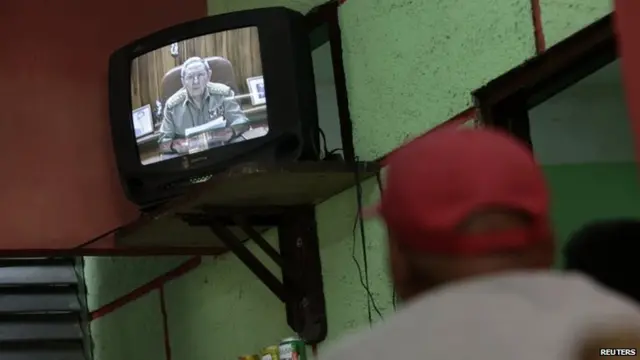 Image source, Reuters
Image source, ReutersUS Republican Senator Lindsey Graham tweets, external: "I will do all in my power to block the use of funds to open an embassy in Cuba. Normalising relations with Cuba is bad idea at a bad time."
US President Barack Obama has also instructed Secretary of State John Kerry to review Cuba's designation as a state sponsor of terrorism. The country was placed on the ignominious list in 1982.
#BBCtrending looks at what Cuban twitter users were saying in the wake of the announcement.
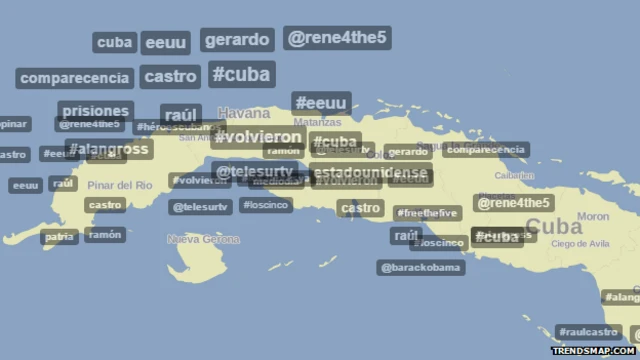 Image source, Trendsmap.com
Image source, Trendsmap.com Paul Adams
Paul Adams
BBC News
tweets, external: "US glad to get back Alan Gross. But 'one of the most important intelligence agents that US has ever had in Cuba' surely a bigger prize?"